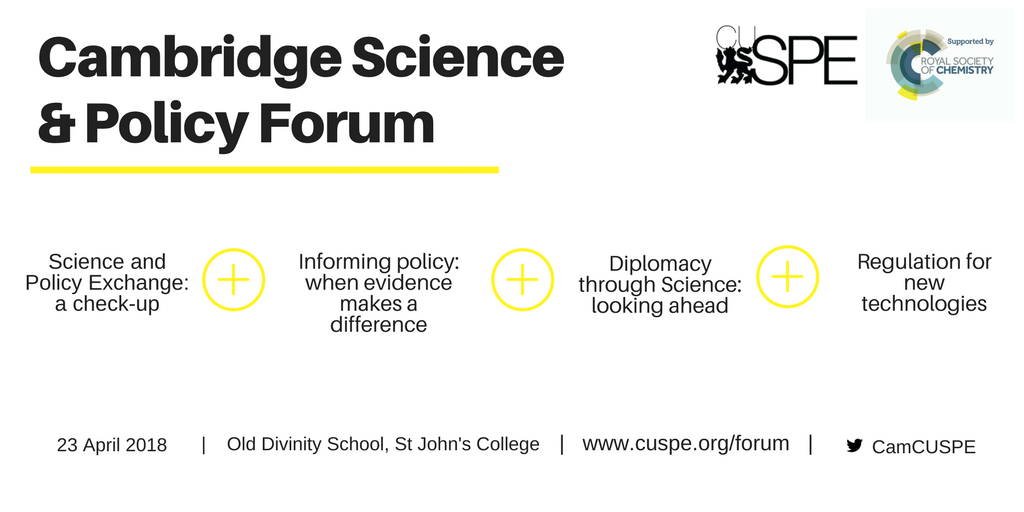LECTURE: Policymaking during health crises
- Title: Policy outbreak! Policymaking during health crises
- Date: 31st October 2018, 18:00 – 20:00
- Location: Bateman Auditorium, Gonville & Caius College
- Registration: click here for the Eventbrite page.
Emergence of health crises and outbreaks of infectious disease are a global issue. Mitigation of these crises requires rapid and interdisciplinary solutions. Come and hear about policy making in health crises from our invited experts in the field.
Our speakers include:
Elizabeth Surkovic – the Head of Policy, Resilience and Emerging Technologies at the Royal Society. She has worked as a Deputy Director for Science at the Government Office for Science working at the Scientific Advisory Group for Emergencies during the Ebola and Zika outbreaks and developed worked on “Emergency Behaviours” during her CSaP Fellowship.
Dr Jane Greatorex – Team leader in Sierra Leone during the Ebola outbreak in 2015 and Honorary Scientist at Public Health England. She is also the Director of Studies in Pre-Clinical Medical and Veterinary Sciences at Lucy Cavendish College. Dr Greatorex has had a long career in academic and clinical science, and remains on the list of scientists that may be called upon to respond in the event of a health crisis.






